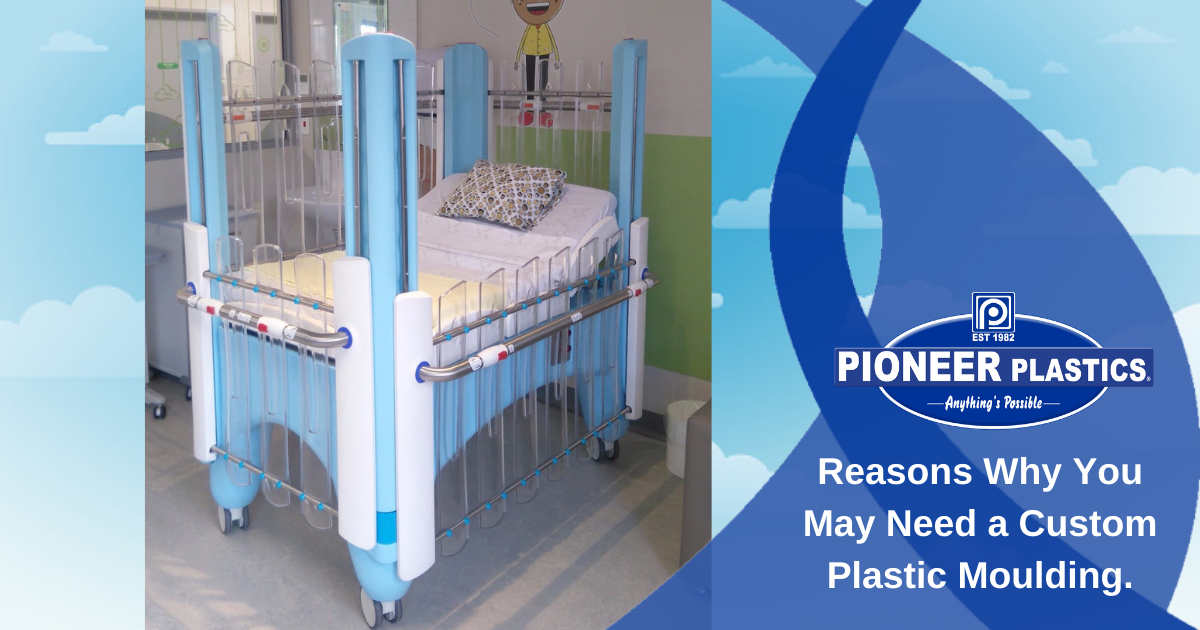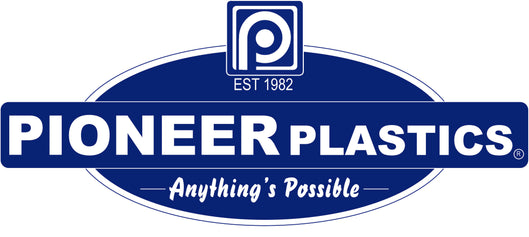
Plastic Moulding: What Happens When You Order a Custom Plastic Product
There are many reasons to consider plastic moulding for your next product. Plastic moulding lends itself to prototyping, and it’s great for MVPs. Plastic is also more durable and cost-effective than materials like fibreglass, wood or steel.
In this post, we’re talking about what happens when you’re ready to design and manufacture a custom plastic moulding solution.
What Is Rotational Moulding or Rotomolding—And Is It Different from Injection Moulding?
Let’s start with the name and spelling. Depending on where you live, you will either write moulding or molding. In South Africa, we write rotational plastic moulding, but you’ll often see plastic manufacturers here confirm to the U.S. convention molding.
Our friends across the pond also prefer to refer to rotational moulding as “rotomolding”. Again, you’ll see local plastic fabricators have followed suit. Either way, rotomolding or rotational moulding refers to a plastic moulding technique for creating just about any design you can imagine.
Rotational and Injection Moulding Are Different Techniques
Injection moulding latter refers to a process in which melted plastic is injected into and fills a static mould. It cools into the shape of the mould. Because the hot plastic fills the cavity of the mould, the final product is solid.
The Roto-Plastic Moulding Process
Rotomolding is used to create hollow parts or components. First, the plastic (polymer) and colourant are poured into a hollow mould, and—get this, it’s not melted. The plastic is in powder form!
The mould is clamped shut and placed into a carousel rotational moulding machine. The mould is heated while turning vertically and horizontally, allowing an even distribution of the plastic in the mould.
The distribution is so even and so precise that you can achieve an exact desired thickness.

What Products Can You Make with Rotational Moulding?
Well, there’s virtually no end to the list of rotomolded products, but the most common are:
- Storage bins and containers
- Waste bins, wheelie bins
- Water storage tanks (like Jojos), conical tanks, and septic tanks
- Portable toilets
- Road cones and barriers
- Marine jetties
- Jerry cans
We can also manufacture hospital beds, trailers, explosive boxes and handles for rebound trampolines. You name it, Anything’s Possible. Pioneer Plastics

Concept, Design and Fabrication of your Custom Plastic Products
So, what happens when you have a great idea and need to see it come to life?
- Contact the leading, most established plastic moulding company in Gauteng, Pioneer Plastics.
- We will meet and discuss your idea.
- Our brilliant engineers analyse the concept and adapt the design for our manufacturing process.
- We create the CAD design using Solidworks.
- Depending on the size of the final product, you may receive a scaled, 3D-printed model before we produce the official mould.
- You receive the final costing. On approval, the transaction takes place. You will own the mould outright because we manufacture on your behalf exclusively.
- We produce the mould in our in-house plastic mould shop.
Did you know that we can add surface textures and branding to the mould, too?
- You receive a sample for approval. Once approved, production begins.
https://www.youtube.com/watch?v=2vpY2CHVF_M
Reasons Why You May Need a Custom Plastic Moulding
Plastic moulding offers a heap of advantages over other types of manufacturing. It is a cost-effective and relatively fast way to make a concept a reality.
The versatility and near-endless capabilities of plastic moulding make it a convenient option when you’re trying to create something unique. Whatever we can design on our computers can be rendered in real-life!
Suppose you’re prototyping a new design, or testing the market with a minimum viable product (MVP). In that case, the turnaround and costs of plastic manufacturing are appealing.
Perhaps you need something a little more hardwearing. Metals are susceptible to rust or could be too heavy for the application you have in mind. Wood may also not be durable enough. Suppose fibreglass is not an option. In all these instances, plastic is a superior alternative.
Lastly, with recent shipment delays caused by COVID-19, you may want to produce your plastic products locally. Our expert team are perfectly poised to help!
Where Can Plastic Moulding Take You?
We pride ourselves on offering clients extensive build options. Whether you’re looking for bike boxes to expand the delivery of your products or lockers for your construction site, you’ve got it. Your only limit is your imagination.
Chat with us about your local plastic moulding and manufacturing goals

